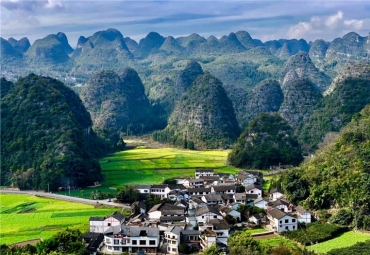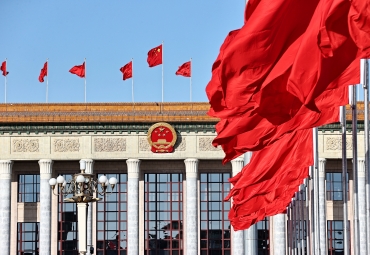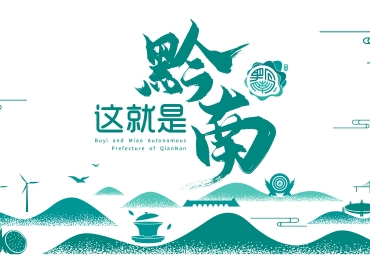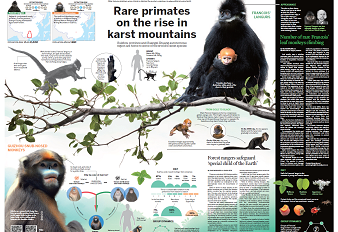Ancient words of wisdom still ring true today
Guizhou province is not only home to one of China's most famous spirits-Kweichow Moutai-but also the place where renowned neo-Confucian philosopher, Wang Yangming (1472-1529), developed some of his most profound interpretations on Confucianism.
Having fallen ill at the last minute before a scheduled trip to Guiyang, capital of Guizhou, I was forced to examine the subject of my study from my bedroom, rather than up close among experts with historical insights.
A military strategist, politician and philosopher in his lifetime, Wang (sometimes referred to as Wang Shouren), rose to prominence during the Ming Dynasty (1368-1644). He was from a wealthy family, he was academically gifted, he had a good job in the royal court in Beijing. Life was sweet.
However, things were about to change. Perhaps putting principle ahead of wise political thinking, Wang fell afoul of the wrath of the chief eunuch, Liu Jin. Eunuchs in ancient Chinese courts served as menial staff, spies and even harem watchdogs. Falling out of favor with one could have harsh consequences.
In 1506, this very thing happened. Wang was publicly beaten and exiled to serve in an insignificant position in Xiuwen county in far-off Guizhou, for standing up for officials who had opposed the influence of Liu.
During his tenure in Guizhou, Wang faced considerable physical and psychological hardships and challenges. He lived in a dank cave, which today is adorned with scrawling of some of his famous thoughts and sayings-a place I was to visit firsthand and see for myself. Things became very tough for Wang, but in his darkest days he achieved a deep philosophical awakening which had a great impact in China and across the globe ever since.
As I lay in my bed in cramps of agony, I feel a close connection with Wang. However, no deep philosophical thought is coming from me. Not at all.
Wang's thinking at that time was at odds with the popular thought of Zhu Xi, a neo-Confucian philosopher of the Southern Song Dynasty (1127-1279). While Zhu thought that there were universal values governing society-called li-and that people should investigate things to expand their knowledge, Wang believed these things existed in the minds of everyone already, forming part of their own inner strength.
But perhaps what Wang is most remembered for is his doctrine of the unity of knowing and acting-or zhixing heyi-which can be read as the power of will. Wang believed that knowledge and action are one inseparable unit.
This way of thought has become very popular in China in recent years, with it being used to redefine the country's development, growth and the way it sees itself in the modern world. A country of progress. A country that takes action and puts the lives and social welfare of its people first.
I sadly missed out on going to Guizhou and seeing the cave that Wang lived in all those years ago. Instead, I crawl back into bed and hope my body can one day have some unity of itself. I am buoyed by another of Wang's thoughts, which he expressed to his students in the form of a poem:
Everyone has within an unerring compass;
The root and source of the myriad transformations lie in the mind.
I laugh when I think that, earlier, I saw things the other way around;
Following branches and leaves, I searched outside!
京ICP备13028878号-8







 Overview
Overview Guiyang
Guiyang Guian New Area
Guian New Area Liupanshui
Liupanshui Anshun
Anshun Qianxinan
Qianxinan Qiandongnan
Qiandongnan Qiannan
Qiannan Zunyi
Zunyi Tongren
Tongren Bijie
Bijie 18th Guizhou Tourism Industry Development Conference
18th Guizhou Tourism Industry Development Conference  Guizhou voice at 2024 national two sessions
Guizhou voice at 2024 national two sessions Discover natural beauty in Qiannan, Guizhou
Discover natural beauty in Qiannan, Guizhou 

